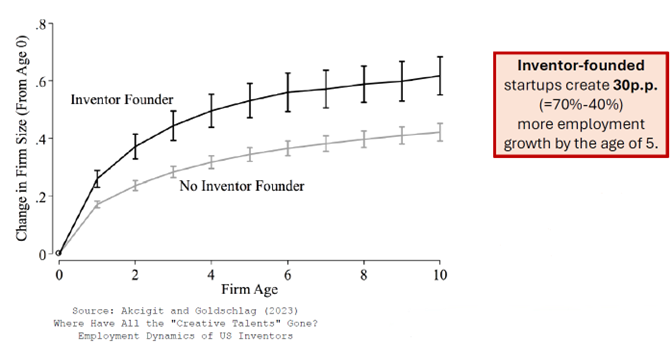The modern school curriculum now includes discussions about the future of work – how careers are likely to evolve, and how students should prepare themselves to navigate what’s coming their way. I recently endured a gruelling interrogation from my 14-year-old daughter as she processed what has been discussed at school about the future. Our conversation prompted me to reflect and research how the evolution of careers could become an important investment theme in the years ahead. At this point, the ubiquity of AI also comes to mind, as it is likely to be a momentous disruptor going forward.
Shifts in the prominence and demand for skills have been observed over time, with the last 200 years providing a stark demonstration. During the industrial era, there was a distinct shift as small-scale artisanal skills were displaced by mass production and the demand for expertise suited to large-scale manufacturing.
The information era then ushered in a period of computerised production that eclipsed many of the clerical tasks once highly valued. The age of AI suggests yet another quantum shift – one in which technology enables the automation of non-routine tasks, even those without explicit instructions. We have indeed entered phase of uncertainty about which jobs will remain and which will be obliterated. Further questions arise about whether we should be adjusting our perspectives on how we define jobs, work, and careers themselves.
There are some useful data points that can be referenced as we attempt to understand what the future holds. Historically, a trend of acceleration followed by deceleration in the demand for new skills has been observed. From 1910, there was an acceleration in demand for high school graduates, followed by a sharp deceleration after 1970. This, in turn, preceded a new phase of acceleration in demand for tertiary graduates during the 1980s – with the corresponding slowdown being observed today.
What is interesting about the next phase is the emerging demand for social and abstract skills – those that align closely with what is likely to be required in the AI age. Early signs of this shift can already be seen, as shown in the graph below, with realised wages for university and college graduates now falling below previously predicted levels:

The shifts above are supported by emerging research into the impact of AI, which indicates that while there is limited impact so far on earnings and wages generally, there appear to be more significant gains for lower-skilled and novice workers. This also supports the anticipated efficiency and productivity gains from leveraging AI. For example, activities such as customer support, software development, professional writing, and even autonomous driving are being enhanced and enabled by AI.
Recent research from the Jackson Hole Economic Policy Symposium provided further insight – showing that labour’s share of income fell by between 5% and 12% during the industrial era and is estimated to decline by a further 5% over the course of the AI era. This again points to the efficiency gains generated as tasks become increasingly automated.
Here is where it gets interesting. The evidence above seems to paint a relatively bleak outlook for the prospects of work – much like how clerical activities were displaced during the information era. However, an emerging idea is the opportunity for entities to develop and maintain significant competitive advantages through the innovative adoption of AI.
The ability to generate valuable and unique insights, services, or responses through AI will likely determine the winners of the AI era. Importantly, these will be those entities that use readily available data to create proprietary information, with AI enabling the hyper-scaling of that information into lasting competitive advantages. Encouragingly, research further predicts that startups and inventor-led enterprises will create more employment opportunities in the future, as shown in the graphic below:

The last 15 years have reinforced the notion that technological innovation and ideas command an increasingly large share of labour earnings. One can conclude that technology has had the effect of democratising innovation itself – making it possible for ideas, not just expertise, to create value.
In the past, you needed to be a skilled engineer to invent a useful product. Today, technology enables bright ideas to flourish irrespective of their origin. The graphic below offers insight supporting this view:

What can we conclude from all of this? Research suggests there are vast opportunities for innovation enabled by the adoption of AI. There will be broad efficiency gains from its use, with lower labour costs likely to be one of the contributing factors. However, in a departure from previous eras, AI will also create employment opportunities that are not exclusively tied levels of education.
From an investment perspective, this presents an intriguing challenge. Educational pedigree should no longer be viewed as a reliable indicator of business success. Instead, it may be the AI-enabled innovators and founders who develop the ideas that most benefit our clients as we invest in them. While this reflection has broadened my view of where AI is taking us, it has also helped me reassure my daughter about her own future career prospects.





